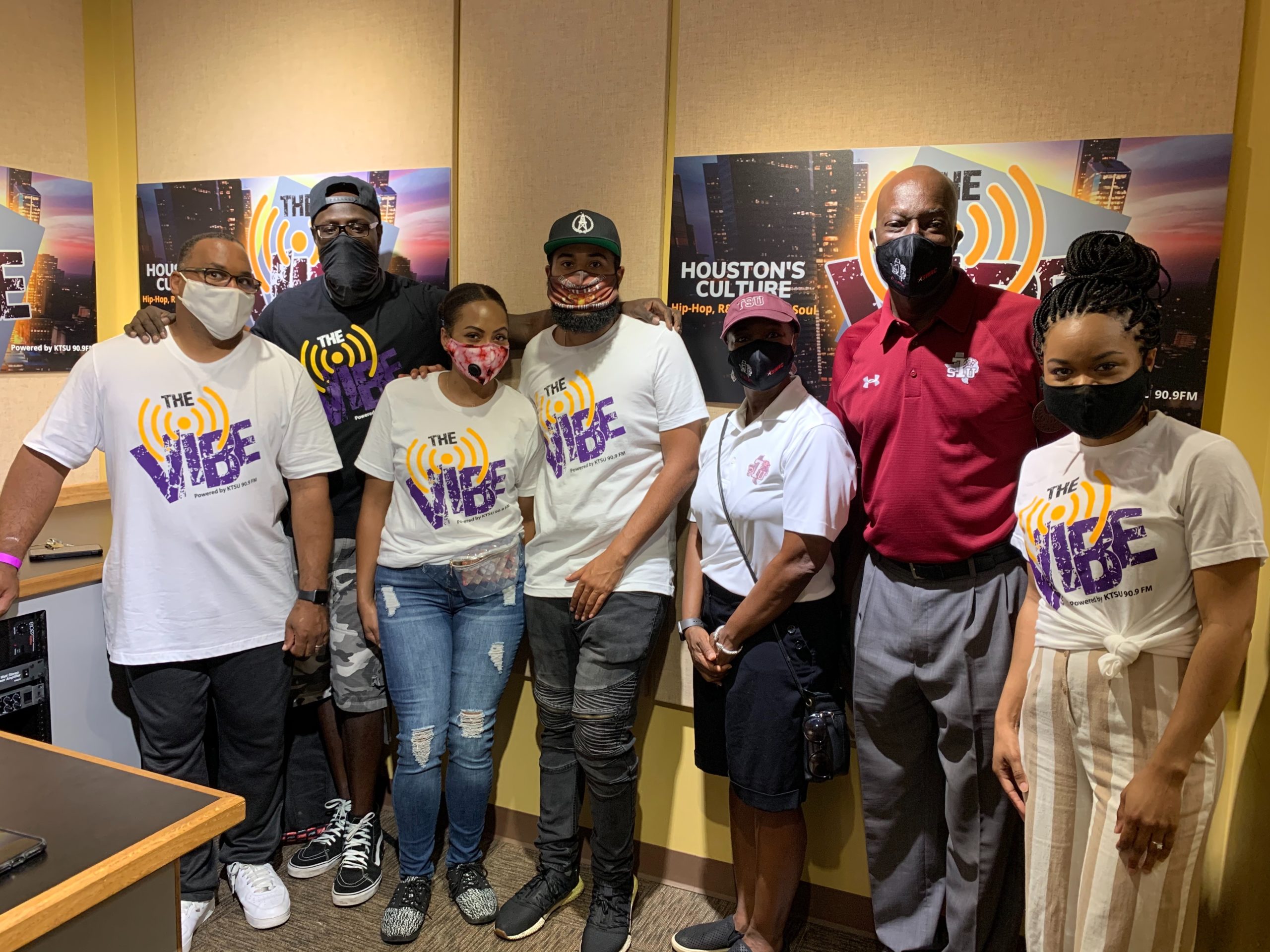Salt Lake City’s KCPW hits fundraising goal to keep programming
With a day to spare, Salt Lake City’s KCPW-FM hit its goal of raising $42,000 to pay off delinquent programming fees and avoid going dark.
KCPW was six months in arrears on payments in programming fees to American Public Media. Station staffers took to the airwaves, sidewalks and online starting June 29 to try raising the money by July 3.
The station hit the goal Wednesday afternoon. Of the $42,000, $12,765 came in from an Indiegogo crowdsourcing campaign.
KCPW has been struggling with a decline in listenership and subsequent drop in revenue since it stopped airing NPR programming last year, a cost-saving measure. The organization has also been carrying more than $2 million in long-term debt on its balance sheet.
The money will give KCPW a cushion for keeping current on its APM payments and repaying its outstanding debts to the distributor, said KCPW General Manager Tyler Ford. The station is planning to use $5,000 a month from its proceeds, putting $3,900 each month toward current programming, and the remainder paying off its debts. Ford credited APM with working with them to help the station continue operations.
“They’ve been pretty awesome with us throughout all of this,” Ford said. “Our biggest worry was losing the [BBC] World Service and top-of-the-hour news.”
The station usually airs about 58 hours a week of APM programming. Losing those shows after dropping NPR programming likely would have been too much for KCPW’s audience to bear, Ford said.
“About a year ago, we asked people to go with us on the no-NPR journey,” he said. “If this had happened, we were afraid we’d lose them.”
KCPW dropped NPR programming in June 2013, citing duplication of service with Salt Lake City’s KUER-FM and a need to cut expenses. Soon after, the station began losing audience, hitting an all-time low average–quarter-hour rating by winter of 17,000. But audience began growing again, and the station’s AQH has reached more than 30,000, about where it was immediately before the programming switch.
“We’re taking that growth as a sign that people were unfamiliar with the schedule after the switch, but are now finding things they like to listen to,” Ford said.
Though the immediate threat of losing APM programming has faded, KCPW still faces financial challenges. Its licensee, Wasatch Public Media, bought KCPW from its previous owner in 2008, relying on a $2 million loan. Wasatch had lined up large capital pledges from major donors to cover most of the loan, but with the arrival of the recession, the donors did not fulfill their pledges. The company has since carried the debt.
According to Wasatch’s most recent audited financial statement for fiscal year 2012, debt of $2.3 million was due in October 2012. The loan is still unpaid, and Wasatch has been in continual talks with the lenders.
KCPW has planned to stage shorter and more frequent pledge drives but also hopes to bolster underwriting and pursue grants. “This has given us a little time to take a breath,” Ford said. “And, while we hated saying that we were going under, it was effective.” But the station doesn’t want to make that plea to listeners again, he said.






